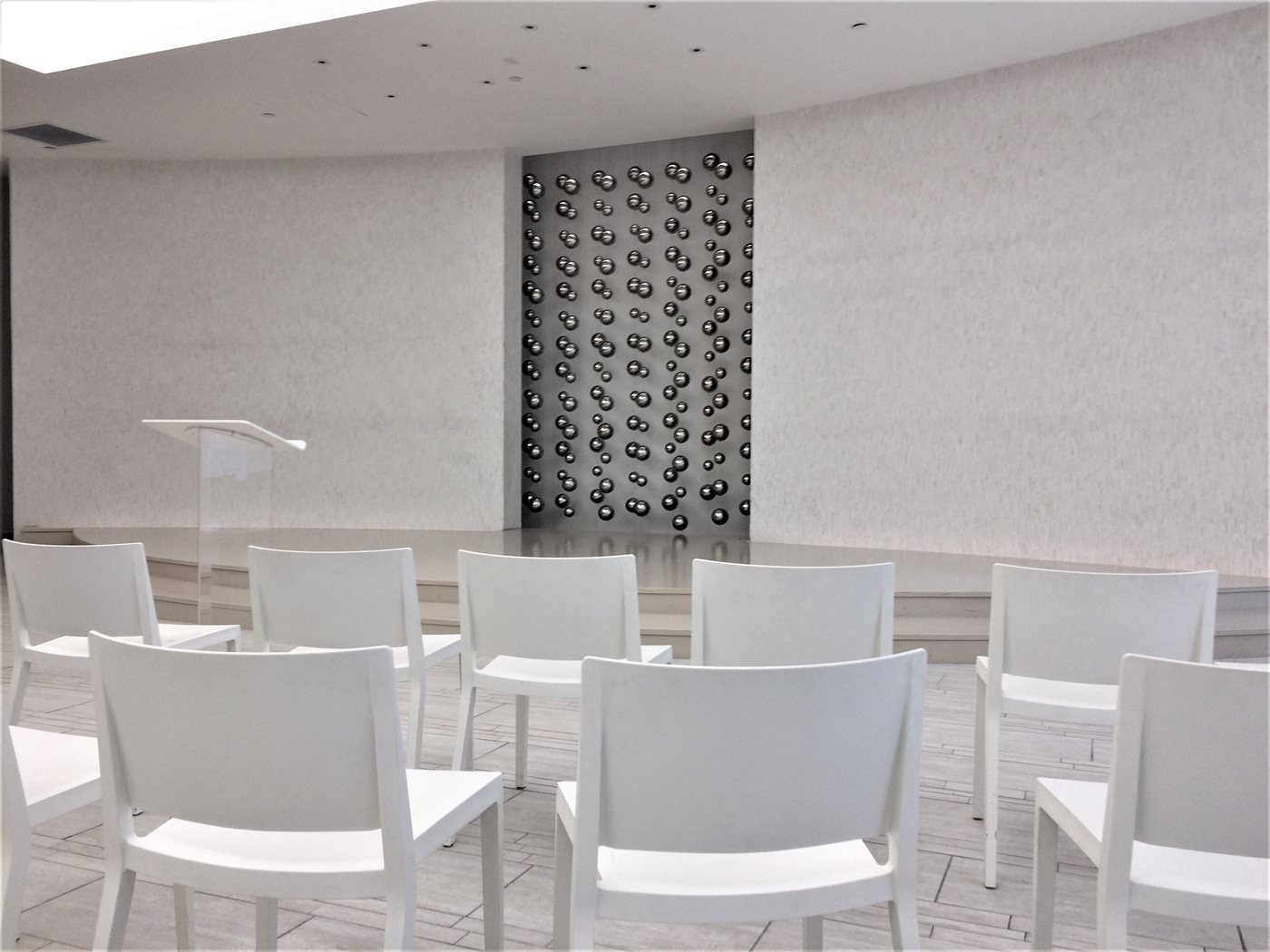June 2018

Choosing a Conference
Look up calls for papers (cfps) related to your research area. If this will be your first conference presentation as a grad student, try to find conferences that are student-friendly. Conferences that welcome grad students will often have a Graduate Student Presentation Award. Be sure to ask students and faculty in your department about conferences they like to attend. I attended two conferences this spring with my peer mentor. Attending my first conference with my peer mentor made the experience less intimidating. It was nice knowing I could count on seeing at least one friendly face in the audience!
DO use all resources at your disposal. Contact former professors, graduate advisors, and peers about which conferences they’ve been to and which websites they use to find cfps.
DO consider presenting on a topic you’ve already written about. Find a new way of looking at something you’ve encountered before.
DON’T simply choose a conference because of its destination. You’re looking for a valuable experience to add to your CV, not a vacation unrelated to your research.
Submitting an Abstract
Writing an abstract can be tricky. As academics, we’re trained to be long-winded and use lots of jargon. For conference abstracts, forgo what you’ve learned about academic writing. Focus on describing your presentation as clearly and concisely as possible. Being straightforward can be difficult when you’re trying to explain a complex idea. Writing multiple drafts can help with this issue.
DO come up with a catchy presentation title. It’s the first thing the panel organizer will read.
DO reference relevant scholarship. Name-dropping is okay here.
DON’T go over the word count. Your readers are overworked professors.
Finding Funding
You don’t have to go broke attending conferences, especially at a large university like A&M. Ask your graduate advisor about conference travel grants. There are probably large grants available within your department. There is also an OGAPS Research and Presentation Award that’s fair game for all grad students.
DO apply for funding early. You can probably apply as soon as your abstract is accepted.
DO book your plane ticket in advance. This will give you a chance to choose your seat, and window seats are the best for sleeping.
DON’T use the university’s money for activities outside the conference. Feel free to do non-conference activities, but don’t use your funding to pay for them.
Creating the Presentation
Remember that conference presentations are not the same as articles. Presentations tend to be more accessible and engaging than published articles. Think of your presentation topic as a subject that you may want to develop further in the future—conference presentations can be used as inspiration for articles or book chapters.
DO use visual aids if possible. Check on the conference website to see what’s allowed.
DO practice so that you won’t go over your allotted time. There will be other presenters on your panel who deserve a chance to talk.
DON’T get nervous. No one is there to criticize you.
Making the Most Out of the Experience
Once you get to the conference, you might be tempted to hole yourself up in your hotel room. Resist the urge. My best conference experiences took place outside of my hotel room, even though hotel pillows are ridiculously comfy and enticing after a long day of travel.
DO attend as many panels as you can.
DO ask questions. Asking questions shows your interest in the presentation.
DON’T be afraid to leave the conference hotel. Explore the city where the conference is taking place!
Final Thoughts
Attending your first academic conference may feel like stepping into a different world. Other people at the conference will probably use words like “polemical” and “phenomenological” in casual conversation. They’ll talk about Simone de Beauvoir and Jacques Derrida as if everyone in the world must have read and understood all of their work by now. Don’t worry about adapting to the weird academic world right away. It’ll come. Focus on enjoying yourself and making the best presentation you can. The crazy-high vocabulary level and understanding of scholarly references will come with time.
---
Stacie Worrel
Stacie is a Masters student studying English in the College of Liberal Arts